
 The SFFaudio Podcast #420 – Jesse, Paul, Julie Davis, Maissa, talk about Farewell, My Lovely by Raymond Chandler
The SFFaudio Podcast #420 – Jesse, Paul, Julie Davis, Maissa, talk about Farewell, My Lovely by Raymond Chandler
Talked about on today’s show:
Philip Morris vs. Philip Marlowe, he doesn’t like to get paid, not the greatest book?, LOVED IT!, randomly starting, a fix-up, obvious joins, Santa Monica, dumped off, odd climax, parts more than a whole, dialogue, description, character, setting, the rest of the Raymond Chandlers, the psychic part, mooshed together, The High Window, dialogue, a TERRIBLE plot, so stylish, the formula doesn’t matter, a matter of style, high style, a mess because of the way it is put together, Philip K. Dick, cannibalizing stories, here we go, worth reading, his best?, The Big Sleep and The Long Goodbye, The Lady In The Lake and The Little Sister, The Mandarin’s Jade, Try The Girl, The Man Who Liked Dogs, a gambling boat, three main threads, all the movies, overdosing, three audio dramas, Jesse’s dreams, the Japanese version of The Long Goodbye, when is it exactly set?, the 1975 Robert Mitchum story, Germany Invades Russia, Detective Kills Two, The Falcon Takes Over, after prohibition, gin bottles, the soakingest-full-of-alcohol book ever, sodden to the corners and spine, seeing the same scenes, a totally autobiographical novel, the girl with the flashlight, he sapped himself with alcohol, blacking out all the time, Nine Princes In Amber by Roger Zelazny, Double Indemnity, Billy Wilder, driven to drink, no prize, two geniuses, a certain self-loathing, doing terrible things, a likeable asshole, 40s and 50s noir films, suicide, similarities, the writer with the drinking, the crazy wife stuff, running into the sea, a recurring theme, night swim, fully loaded, coming off of prohibition, Moose’s imprisonment, below the surface, timeless, set in Dixon Hill land, the Picard detective, Cast A Deadly Spell, gumshoe H.P. Lovecraft, femme fatale, hard drinking, Sam Spade, self knowledge, Agatha Christie, Mickey Spillane, brutal, his brains were on his face, gut shot, shot up with dope, you’re so great, “Tell me some more”, side paths, a simple story arc, getting lost, too much personality, disjointed, Harry Potter, writing derived from movies, how action movies are made, an opening chase scene, all the elements, the formula, the pulp magazine style and needs, the action figure merchandising method, following and not following, literally dragged into the plot, what is this doing here?, a hard fit, deviations, this is not the book at all, too dark and not noir enough, script problems, a character from a different series with Chandler’s plot, Murder, My Sweet, Dick Powell, Who knew murder smelled like honeysuckle?, it tears your heart out, noir for her, Mrs. Grail is her own femme fatale, shot herself in the heart twice, honesty about corruption, Bay City?, a huge corruption scandal, graft, you wanna see my house pal, Commissioner Wax, corrupt to money, everything goes sweet, the wrong side of money, the way they treat the blacks in the story, misdemeanor murder, horribleness, you’re not clean not even one little bit of you, not a just society, my dad was not on the take, I gave her the dope because her dad was cop, the puppets dancing on a string dance for love or money, Velma says money brings its own problems, a torch singer, “money must help”, quoting on twitter, a coat, a hat, a gun, you’re a tough guy, as crazy as two waltzing mice, do something really tough like putting your pants on, hangovers, a face like a sack of mud, strewn with empty bottles, a complete souse, the lady across the street, she doesn’t hold with liquor, a sad busybody, urban isolation, shut away with our own problems, where are the children?, she leaned forward a little, Julie’s right, Anne Riordan, a nice town, reading-along, on the boat with Red, latent homosexuality, slightly sticky, the wet air was as cold as the ashes of love, deferring hanging out with women, give me flowers first, The Maltese Falcon, different insights, Joel Cairo, Paul’s Peter Lorre impressions, not very cheerful, what it isn’t, the master of similes, all negroes, as heavy as a waterlogged boat, a face that had nothing to fear, why people love reading him, we need to do work, we need to infer what the descriptions mean, “Shinebox, where’s Velma at?”, a theory about Moose, golf ball buttons, “Jus the scram white boy, just the scram”, focused on love to the exclusion of all else, that black pool opened up at my feet and I dived in, one of the effects of heavy drinking is memory loss: Korsakoff syndrome, all he could have in his head, why is he simple?, interpretation, why didn’t she shoot herself in the head?, using Moose, looking for love, she did love him (Moose), a tragic hero/monster, Marlowe’s story, The L.A. Times, who needs Agatha Christie, who dun it, why dun it, who sapped Marlowe, amazing descriptions of the night, sometimes it is for love, the gangsters, the why is the reason for the investigation, that’s a character, if the question is why the answer is alcohol, re-reading The Big Sleep, Sherlock Holmes, real California vs. dream California, secret stairways, Mullholland Drive, strange dreams, the mirror on the wall in the office, Lawrence Block, if somebody made a down-payment, an exchange with Rembrandt, he can narrate his own story, a reflection of Moose above, seeing yourself and then someone else, so good Philip K. Dick style, what they were born to do, you can just feel it, applied to a genre, they are themselves, care-free, that whole scene, try the phone book, just waiting to wake up, Dark City (1998), a true love, The Thirteenth Floor (1999), the world is shit, Blade Runner, a new Blade Runner, Arrival, a beautiful gorgeous job, The Running Man, straying, really read it, I’m kind of cute sometimes, Bored To Death, a humorous take on Chandler’s Marlowe, if Jesse won the lottery, I’ll have the desk, and the hat, the equipment, the Sam Spade phone, what Patrick Stewart does, Ross Macdonald, hanging out with rich people, the experience of a writer, too much from life experience, one of the strangest openings to a novel, who has watched all of Veronica Mars?, so good, so well written, Brick, a father daughter private detective agency, hardcore hardboiled, like Buffy, Mitchum is not Elliot Gould, the Ray Porter narration, the Elliot Gould narration, abridged?, he’s not a dummy, a simpleton, a corpus delicious, laugh on your day off.


Posted by Jesse Willis

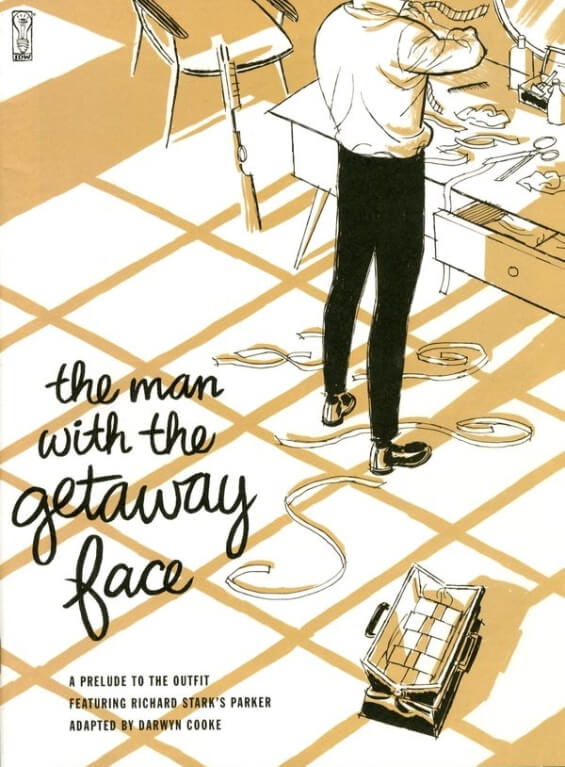
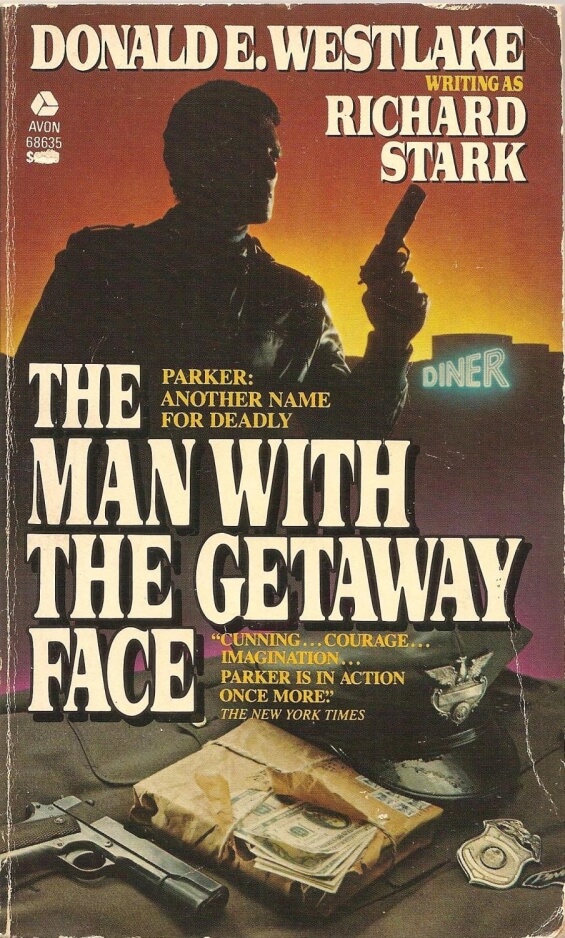



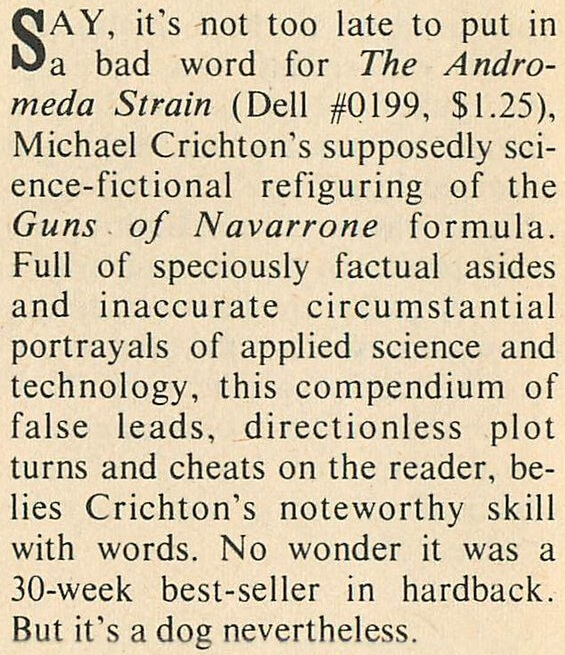
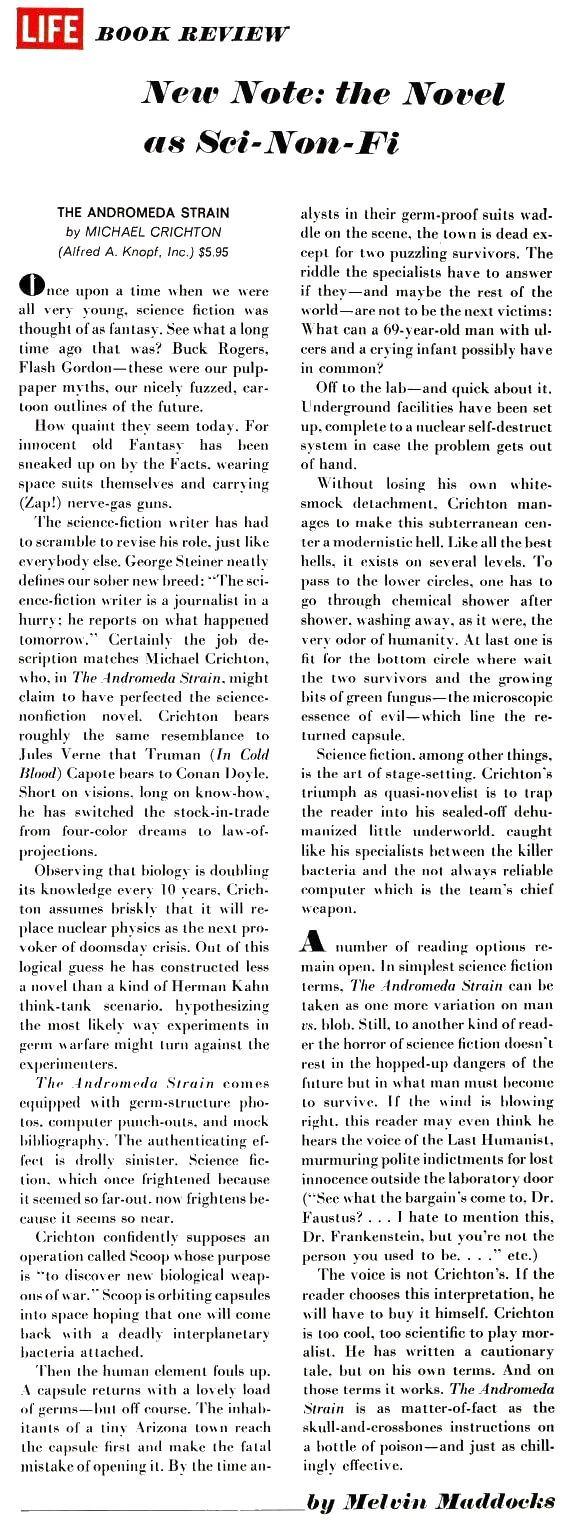
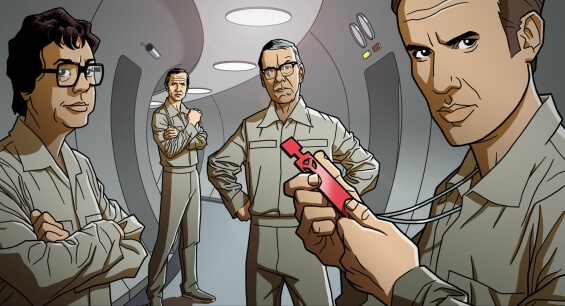

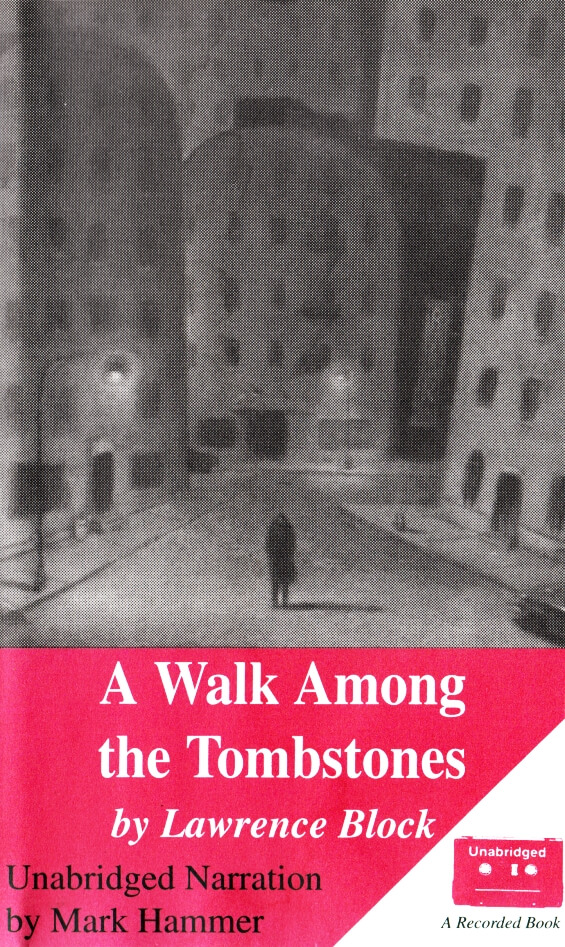
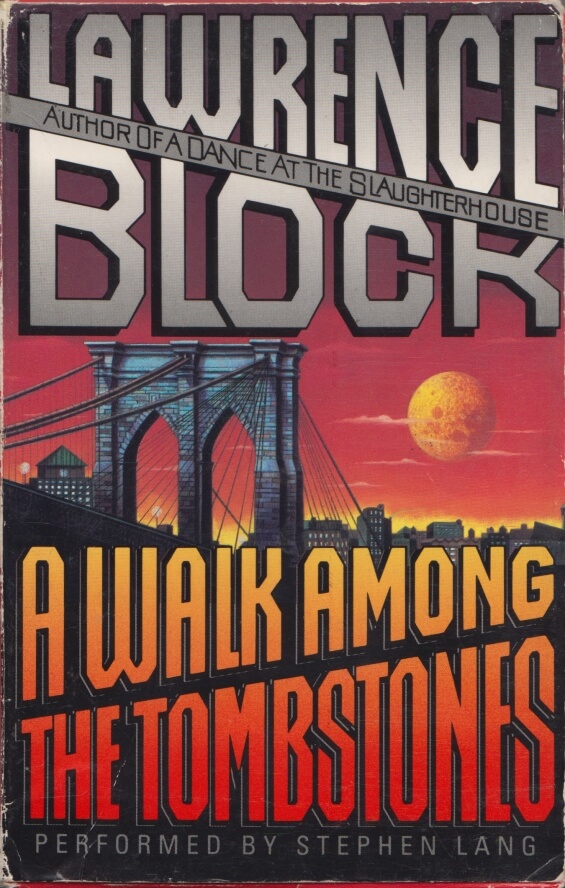
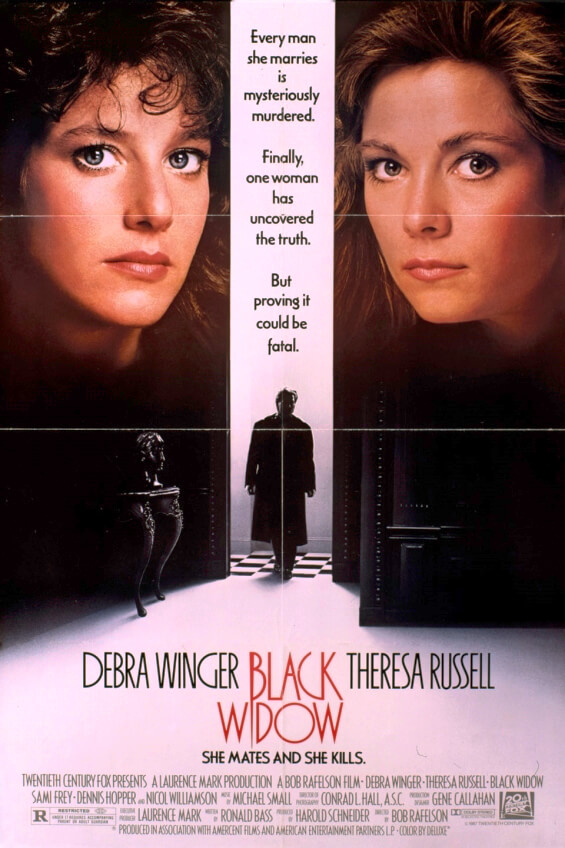

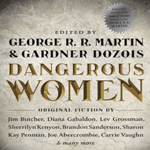 Dangerous Women: Stories
Dangerous Women: Stories